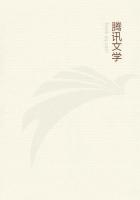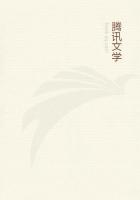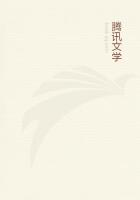"My ancestors for thousands of years," I find written in one of her letters, "have been lovers of the forest and mountain caves, great dreamers, great scholars, great ascetics.My father is a dreamer himself, a great dreamer, a great man whose life has been a magnificent failure.I suppose in the whole of India there are few men whose learning is greater than his, and I don't think there are many men more beloved.He has a great white beard and the profile of Homer, and a laugh that brings the roof down.He has wasted all his money on two great objects: to help others, and on alchemy.He holds huge courts every day in his garden of all the learned men of all religions--Rajahs and beggars and saints and downright villains all delightfully mixed up, and all treated as one.And then his alchemy! Oh dear, night and day the experiments are going on, and every man who brings a new prescription is welcome as a brother.But this alchemy is, you know, only the material counterpart of a poet's craving for Beauty, the eternal Beauty.'The makers of gold and the makers of verse,' they are the twin creators that sway the world's secret desire for mystery; and what in my father is the genius of curiosity--the very essence of all scientific genius--in me is the desire for beauty.Do you remember Pater's phrase about Leonardo da Vinci, 'curiosity and the desire of beauty'?"It was the desire of beauty that made her a poet; her "nerves of delight" were always quivering at the contact of beauty.To those who knew her in England, all the life of the tiny figure seemed to concentrate itself in the eyes; they turned towards beauty as the sunflower turns towards the sun, opening wider and wider until one saw nothing but the eyes.
She was dressed always in clinging dresses of Eastern silk, and as she was so small, and her long black hair hung straight down her back, you might have taken her for a child.She spoke little, and in a low voice,like gentle music; and she seemed, wherever she was, to be alone.
Through that soul I seemed to touch and take hold upon the East.And first there was the wisdom of the East.I have never known any one who seemed to exist on such "large draughts of intellectual day" as this child of seventeen, to whom one could tell all one's personal troubles and agitations, as to a wise old woman.In the East, maturity comes early; and this child had already lived through all a woman's life.But there was something else, something hardly personal, something which belonged to a consciousness older than the Christian, which I realised, wondered at, and admired, in her passionate tranquillity of mind, before which everything mean and trivial and temporary caught fire and burnt away in smoke.Her body was never without suffering, or her heart without conflict; but neither the body's weakness nor the heart's violence could disturb that fixed contemplation, as of Buddha on his lotus-throne.

